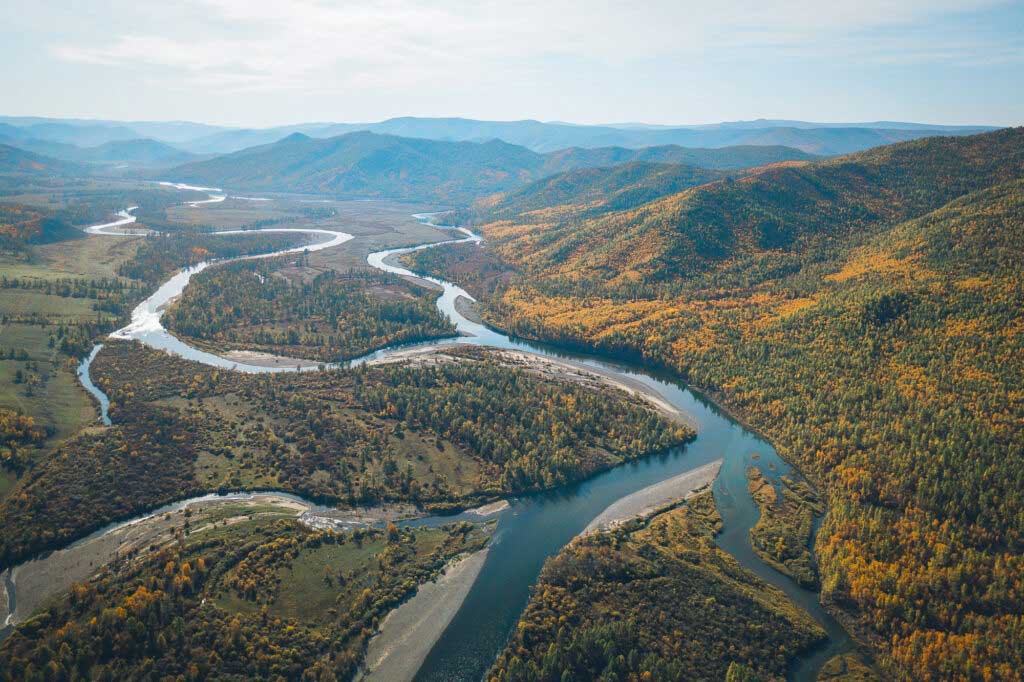
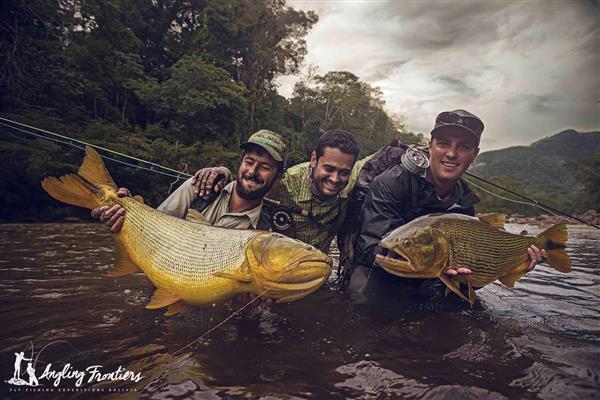
Angling expeditions to the crystal-clear waters nestled between the Bolivian Amazon and the eastern slopes of the country’s Andes Mountains have been a lifeline to local populations for years. Now, COVID-19 travel bans designed to prevent the spread of the coronavirus threaten to devastate the once-thriving, catch-and-release adventures along the Casare River led by Angling Frontiers.
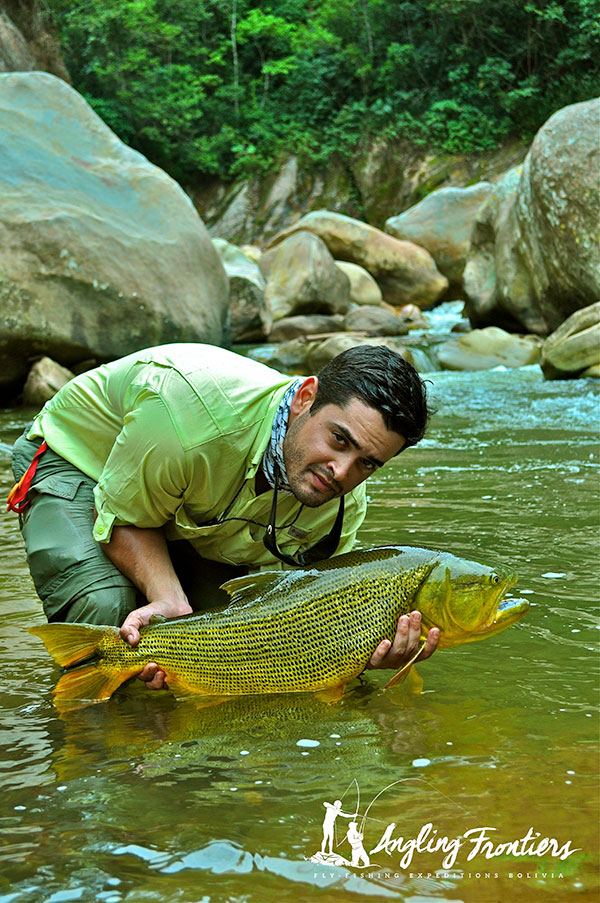
Critically, income has stopped flowing to the indigenous Tsimane people, who are employed as fishing guides and cooks, market handmade crafts to tourists, and sell their yucca, plantains, and other produce to excursion operators. The main attraction for the fly fishing firm, founded by Bolivian nationals and dual U.S. citizens Patrick Taendler and Federico Marancenbaum, is the majestic tigre de rio, the golden dorado. The metallic-hued freshwater fish flashes rows of razor sharp teeth, grows as long as 3 feet, and can weigh-in at a hefty 45 pounds.
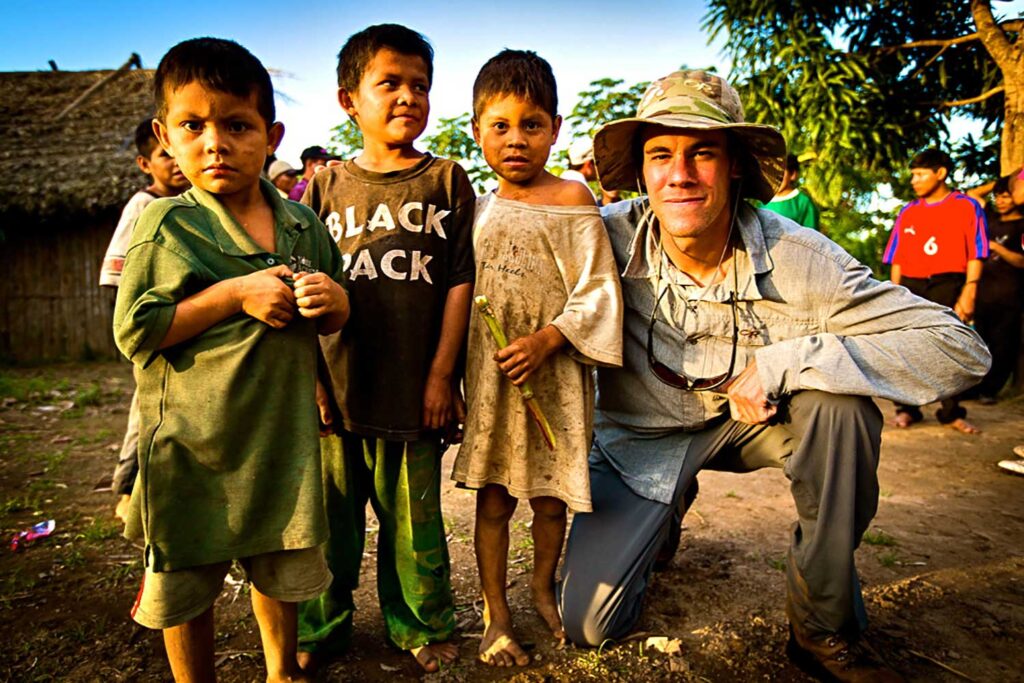
The Ambleve Bedrock Foundation is providing $25,000 in relief funds to help make up for the devastating shutdown fueled by the pandemic. $16,500 will go to offset a $550-per-angler fee paid to indigenous communities—a group of several hundred people from the Cuchisama, Naranjalito and Pachene who created the Upper Maniqui and Pachene Indigenous Community Association of Tourism. (Asociacion Indigena Comunitaria de Turismo Alto Cuchisama Y Pachene) Mitigating the illicit deforestation and resource depletion that has plagued the region in the past has been a chief driver of the Angling Frontiers mission, according to Taendler. Before 2020, dozens of anglers from around the world made the trek each year to the prized fishing spots via Viru Viru International Airport, an additional 2-½ hour chartered flight onto a jungle runway, and followed by a 3-hour upriver canoe ride to a main camp.
“The money is not only used for their livelihood and essential living expenses and services, but also provides a much-needed economic incentive to motivate them to protect the fishery from illegal poaching, pollution, and other forms of ecological degradation,” Taendler says. “Their main income and diet comes from the rivers’ biodiversity and biomass, but more substantially to the three communities we work with, that live the farthest away from civilization and are essentially the gatekeepers of the pristine jungle reserves upriver.”
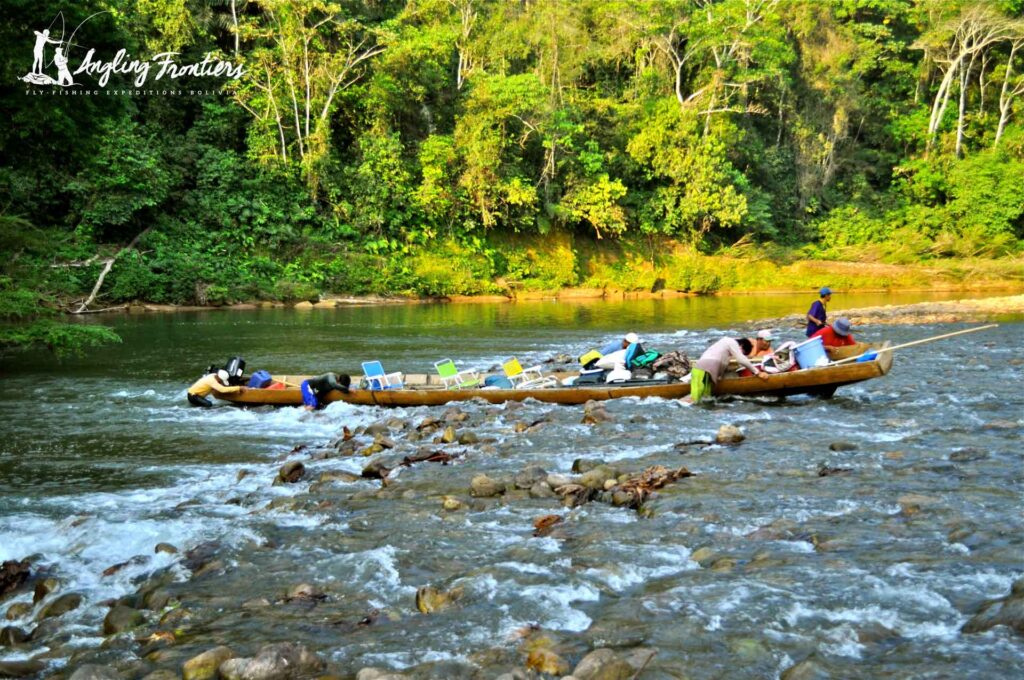
Fees were “banked” during fishing season, and used to purchase items based on a consensus of elders and other decision makers in the Association. In the past, the Association has bought provisions, tools, machinery, equipment, gasoline, oil, medicine, school supplies, clothing, batteries/solar panels, and other essentials. An additional $8,500 from the Foundation will partially offset costs and help staff living in Bolivia.
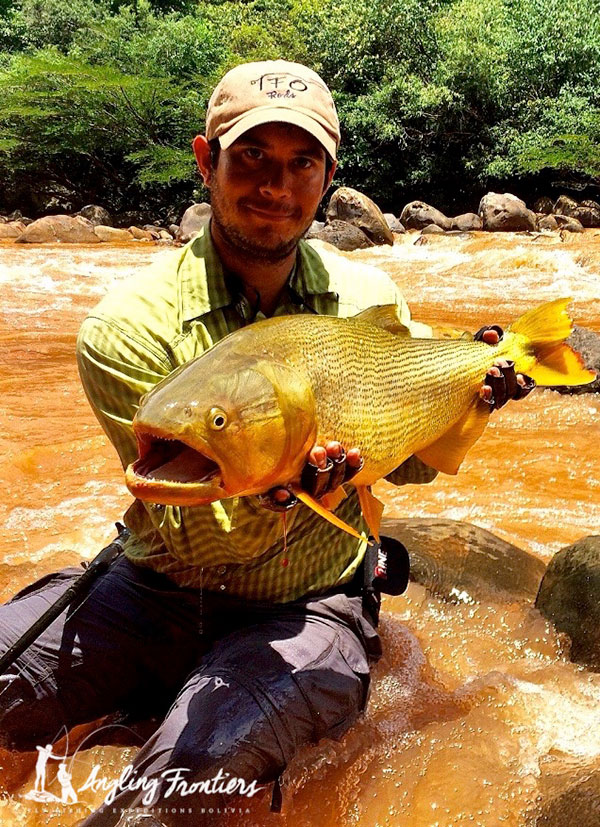
Taendler and Marancenbaum, both from Santa Cruz de la Sierra and university-educated in Texas, began their quest to create elite fishing excursions for exotic amazon game species in 2012 when they met with members of Tsimane communities. Regular visits turned into small expeditions with anglers, and as trust grew, the partners built a lodge in 2016. By early 2020, Taendler says, the year was filled at 90% occupancy and was on target for their most successful season yet. It was a dream realized, until the pandemic upended years of relationship building.
“We taught the locals how to treat guests, how to guide, properly handle fish, have a professional work habit, and take safety precautions necessary for tending to clients and navigating boats with anglers,” Taendler says. “They in turn taught us all about their jungle home and everything they knew about the fish and their rivers. We built an excellent team of indigenous guides and professional staff that have all been part of the project, helping us educate the rest of the people in the communities about the importance of protecting their natural resources.”
With its gift, the Foundation looks forward to future fishing seasons that contribute to the protection of a river habitat that historically has been susceptible to wildlife trafficking, climate change and drought, and deforestation. We join with Angling Frontiers in support of indigenous communities living in one of the most biodiverse countries in the world, to secure access to healthy food, employment, and markets for their products.
Bibliography
Amazon Conservation. (n.d.). Bolivia. Amazon Conservation. Retrieved July 15, 2021, from https://www.amazonconservation.org/programs/bolivia/
Bolivia Events of 2020. (2020). Human Rights Watch World Report. Retrieved July 17, 2021, from https://www.hrw.org/world-report/2021/country-chapters/bolivia
Kaplan, H. S., Trumble, B. C., Stieglitz, J., Mamany, R. M., Gutierrez Cayuba, M., Maito Moye, L., Alami, S., Kraft, T., Quispe Gutierrez, R., Copajira Adrian, J., Thompson, R. C., Thomas, G. S., Michalik, D. E., Eid Rodriguez, D., & Gurven, M. D. (2020, May 15). Voluntary collective isolation as a best response to COVID-19 indigenous populations? A case study and protocol from the Bolivian Amazon. The Tsimane Health and Life History Project. Retrieved July 18, 2021, from https://gurven.anth.ucsb.edu/sites/default/files/sitefiles/papers/voluntary%20collective%20isolation%20tsimane%20lancet.pdf
Trigo, M. S., & Kurmanaev, A. (2020, August 7). Bolivia Under Blockade as Protestors Choke Access to Cities. The New York Times. https://www.nytimes.com/2020/08/07/world/americas/bolivia-roadblock-blockade.html
Valdez, C. (2020, October 15). Bolivia hopes election can ease year of pain, turmoil. PBS Newshour. Retrieved July 15, 2021, from https://www.pbs.org/newshour/world/bolivia-hopes-election-can-help-ease-year-of-pain-turmoil
World Bank. (2015). Indigenous Latin America in the Twenty-First Century. World Bank Open Knowledge. Retrieved July 17, 2021, from https://openknowledge.worldbank.org/bitstream/handle/10986/23751/Indigenous0Lat0y000the0first0decade.pdf?sequence=1&isAllowed=y
Blog Post writing and research services provided by Finer Point Writing LLC.
All Photos courtesy of The Ambleve Bedrock Foundation and Morocco Unexplored.